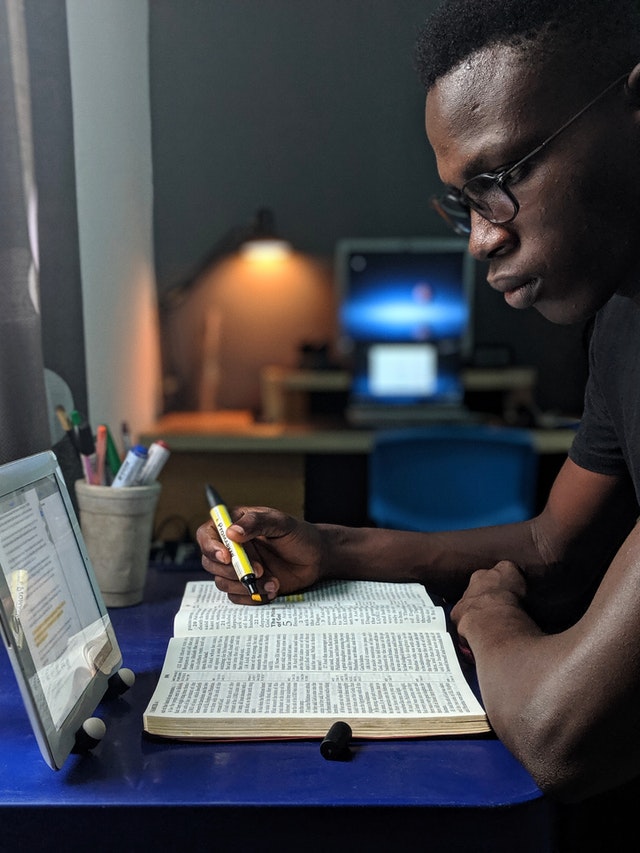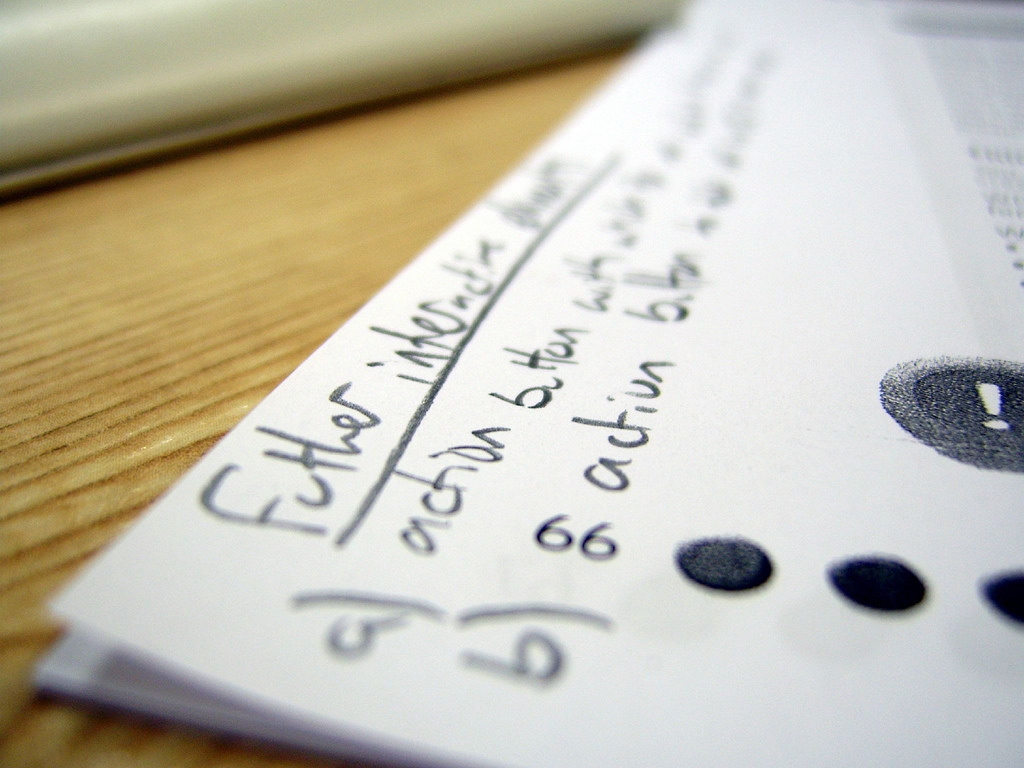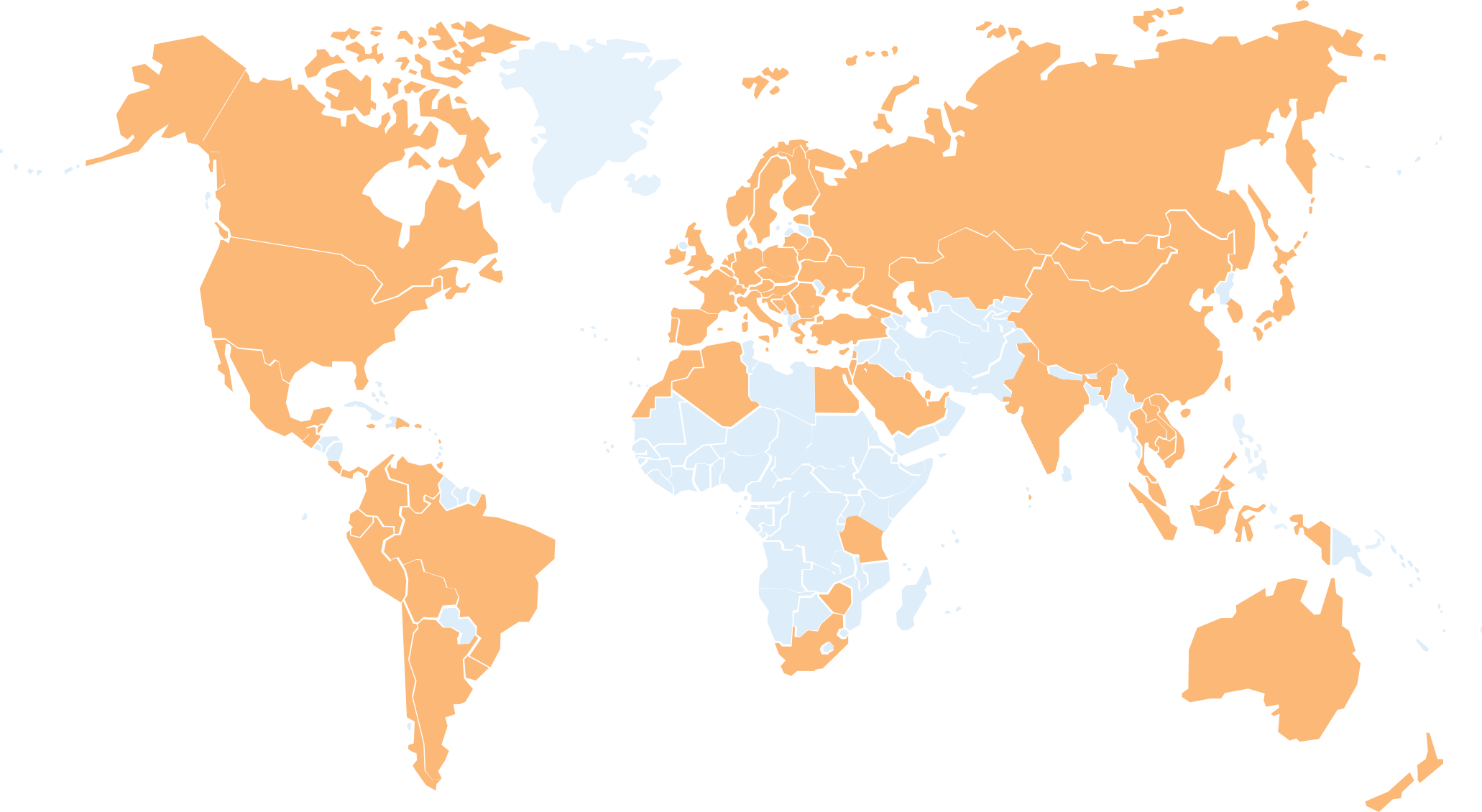5 min read
Share this post

According to varied reports, students across the world have been experiencing learning loss. This term refers to a loss or reversal of academic progress due to disrupted formal education. At Off2Class, we want to explore if and how learning loss is affecting English Language Learners (ELLs) and their teachers.
Since the start of the pandemic, Off2Class has witnessed a shift in how educators operate everywhere. From large brick-and-mortar ESL organizations and K12 schools to independent ESL teachers, educators have had to navigate this difficult trajectory. So, how were students impacted by learning loss?
ELLs in K12 Districts across the United States often sit at a juncture of inequity. According to the OECD, school closures and distance learning measures used to slow the spread of COVID-19 put ELLs at a greater disadvantage. Though every student has experienced the pandemic differently, ELLs have fallen further behind than their peers which potentially affects their future education and career outcomes. The learning gap – which was already at critical levels before COVID-19 even existed – is now widening at a much faster rate for English Language Learners.

However, is this the whole story? Despite the disruption of formal education, some educators gleaned that remote learning has offered opportunities for students. Off2Class will be sharing perspectives and resources from different educators about the topic of learning loss among ELLs. We will be featuring educators in blog posts, in our Facebook Group and on social media. As we continue to collect these viewpoints we encourage you to join the conversation! Have you heard the term learning loss in your school? How are you supporting ELLs this year? Comment below or find us on Twitter, we would love to hear from you. Let us know if you want to be featured in a coming blog post on this ever-evolving issue surrounding learning loss.
Off2Class has made it a part of its mission to aid teachers and fight learning loss faced by ELLs. This is why we are so excited to engage with teachers and share their perspectives so we can succeed in helping teachers to drive equitable English Learner Outcomes.
Share this post



2 Comments
Language learning is, in great part, a skill-based subject. Of course if a student does not practice a skill (s)he will lose it. Would you expect an aspiring competitive tennis player to perform the same way after a year away from not only that sport but all activity engaging the same skills? And students not exercising their “mental muscles” feel the same effect.
Those elementary school students who continue to read a lot of books will return to school with a reading level even higher than before. A few do this on their own and another few are lucky enough to have parents with schedules allowing them to, in effect, become teachers or full-time learning coordinators.
A little learning loss is helpful to a teacher. Students lose their weakest skills first; so, giving a quiz right after a weekend or spring break will identify the areas needing the most work. Some educators feel that a vacation lasting an entire summer is way too long, resulting in a real setback. A school system does better with a long school year incorporating more short breaks scattered throughout.
Of course the un-coordinated long break caused by the Covid crisis has been a disaster for education in general.
Margaret, thank you so much for sharing your thoughts with us. We are so excited to hear from you. We are interested to know, what classroom environment do you work in? Also, would you be open to answering any more questions/ giving more feedback? We would love to hear more from you!